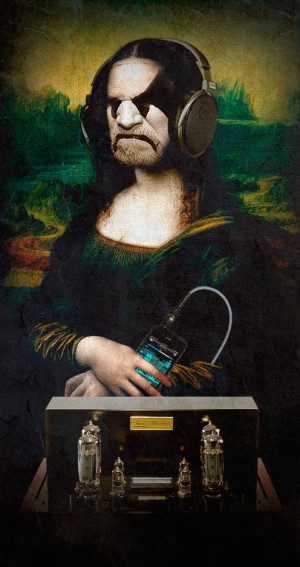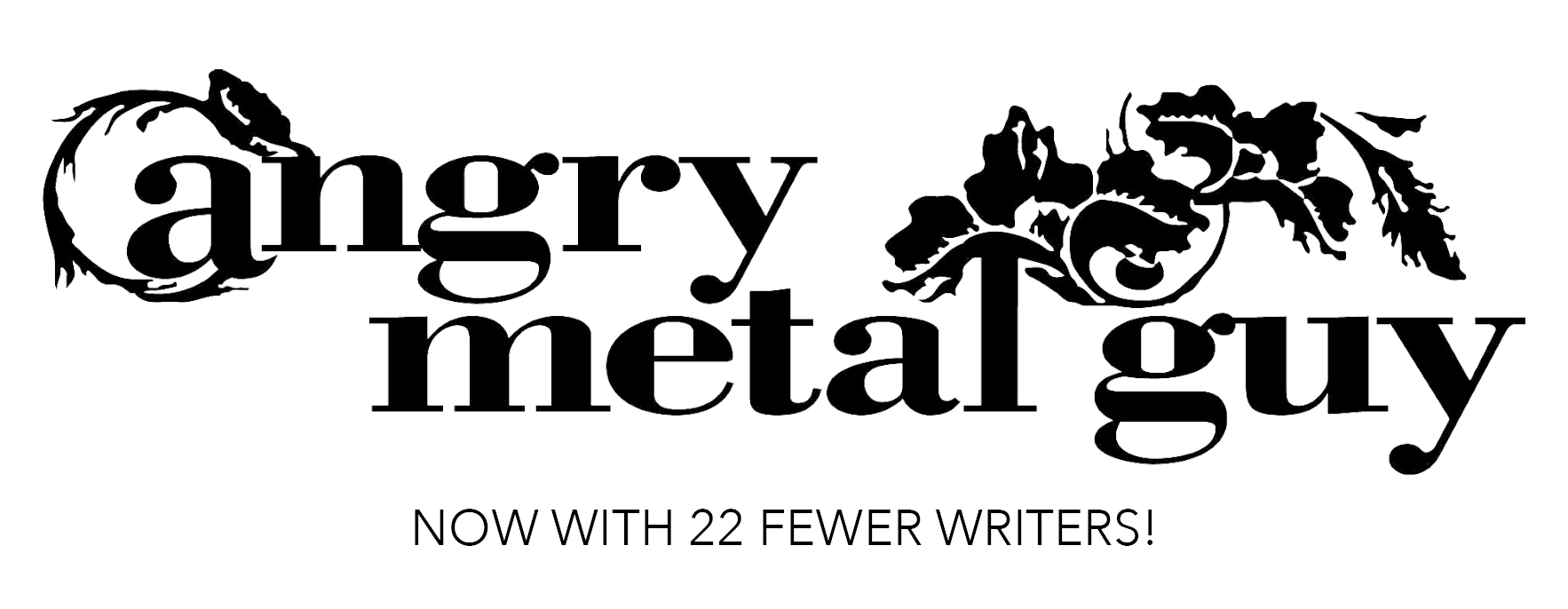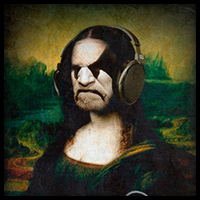 In September of 2017 I made the awesome tech-death band Archspire the Record o’ the Month. One commenter responded: “Archspire is not death metal in any way. Amazing the way the hype goes around this ridiculous deathcore band.” To this day—despite years of touring with bands like Cannibal Corpse and Suffocation—people still refer to The Black Dahlia Murder as a metalcore band. While some people do it to troll little ol’ me, it’s also something which shows up more seriously. Yet, if Archspire is deathcore and The Black Dahlia Murder is metalcore, can somebody please explain to me what’s “-core” about these bands?
In September of 2017 I made the awesome tech-death band Archspire the Record o’ the Month. One commenter responded: “Archspire is not death metal in any way. Amazing the way the hype goes around this ridiculous deathcore band.” To this day—despite years of touring with bands like Cannibal Corpse and Suffocation—people still refer to The Black Dahlia Murder as a metalcore band. While some people do it to troll little ol’ me, it’s also something which shows up more seriously. Yet, if Archspire is deathcore and The Black Dahlia Murder is metalcore, can somebody please explain to me what’s “-core” about these bands?
Let’s start with a basic definition: genres with the suffix -core are genres which have elements of hardcore in it.1 What defines hardcore as a sound? Well, I’m not super into hardcore, but I can say that it’s about a few things: screamy vocals (not growls or shrieks) which are more like shouts or have gang choruses; short, fast, intense songs, from the punk heritage; and the so-called “run in place” breakdown. Not all of these need to be present in order, but these elements are the things which make up my basic understanding of the genre elements of hardcore which are blended into other genres. Let me give some examples: grindcore blends the intensity and political heritage of hardcore with death metal. So, bands like Napalm Death and Nasum have a -core flavor, but they are not hardcore bands. Metalcore’s primary innovation was combining the run-in-place breakdown with recycled In Flames or At the Gates riffs, while using a hardcore style screamy vocalist. In this case, Unearth is probably the prototype of this sound.
Note the breakdown at 1:35ish, the screamy vocals, the “hardcore guy talking meaningfully over the song” thing. This is metalcore; and one of the better examples of the genre, if I’m honest with you. Of course, within the genre there were a variety of different ways to do this. There were certain bands, like 7 Angels 7 Plagues, who used more jazz elements and vocals that bordered more on death metal. And there were bands that came out of the scene, like God Forbid, that started out more metalcorey, but by the end of their run was, in my opinion, basically a thrash band. But the genre has a meaning and a sound: sounds like Unearth [Swedish Melodeath + Breakdowns + Screamy Guy]? Metalcore. And for me personally, the most obvious sign that a record is metalcore is that it has breakdowns.
Deathcore I’ve less experience with, but I think it’s best understood as the blending of traditional kinds of death metal with hardcore elements: specifically the run-in-place breakdowns. Here, the band Job for a Cowboy is probably the best example. Their early material is probably some of the best-respected deathcore—as it’s a genre that, at least in my opinion, the metal public soured on a very quickly. These guys sound like death metal, except they have nasty-ass half-time breakdowns. This is why The Faceless was first introduced to me as deathcore and not death metal. People made similar arguments about Fallujah’s earlier material. But let me drop this video here:
Here, these songs have serious breakdowns. Slow it down, let the kids do karate kicks, and fuck each other up because: masculinity. The last The Acacia Strain record I heard was basically just one, long breakdown.2 Deathcore bands were basically a half-step from death metal in a lot of meaningful ways. Since I think breakdowns are super boring, I find most deathcore ridiculously boring, but the difference between the two genres are stylistically smaller than a lot of people want to admit. This is the reason that Whitechapel and Job for a Cowboy have been able to eschew the breakdown in later years. What happens then? They have almost none of the other things which make deathcore -core, then.
But The Black Dahlia Murder? No breakdowns, no -core vocalist, no talky guy, etc. If you start grouping sounds, The Black Dahlia Murder sounds a lot more like Mors Principium Est and At the Gates than Unearth or Killswitch Engage. They have been consistently putting out albums that owe a lot more to At The Gates than Crowbar, and Trevor Strnad is a fountain of obscure death metal knowledge who’ll talk your ear off about the underground shit he listens to given the chance. That they broke through at a time when metalcore was cool is basically “genre by association,” and that’s a pretty dumb way to do it. As for Archspire, I can’t figure out for the life of me what’s -core about these guys. Archspire reminds me of Anata with hypermodern production and a science fiction theme, not Job for a Cowboy or even The Acacia Strain.
Genres serve a useful function for fans and reviews alike. They are handy shorthand we all use because it’s easier to tell someone that something is black metal than that it’s “got blast beats, tinny guitars, trem picking and it sounds like they should be singing about Satan, but the vocals were recorded in someone’s bathroom, so it’s tough to tell.” And while that doesn’t describe all black metal, it works as a shorthand for understanding what a sound is. What these people are doing is using genres as pejoratives, but that’s just dumb on multiple levels. First, they’re wrong. But secondly, when we use genres as pejoratives, we forget that most genres have really solid bands. I think that The Human Abstract was an excellent metalcore band and that’s OK. As far as I can tell The Faceless is not considered deathcore by the death metal dudes I know, and lots of my older friends who were into death metal loved Job for a Cowboy when they came out. I even like System of a Down, despite them being “nü-metal.” If your world is so small that you can deride things by genre, then you’re missing out on an amazing world of music that’s way bigger than your rigid tastes.
Or maybe an ice cream analogy would get my point across here…


















